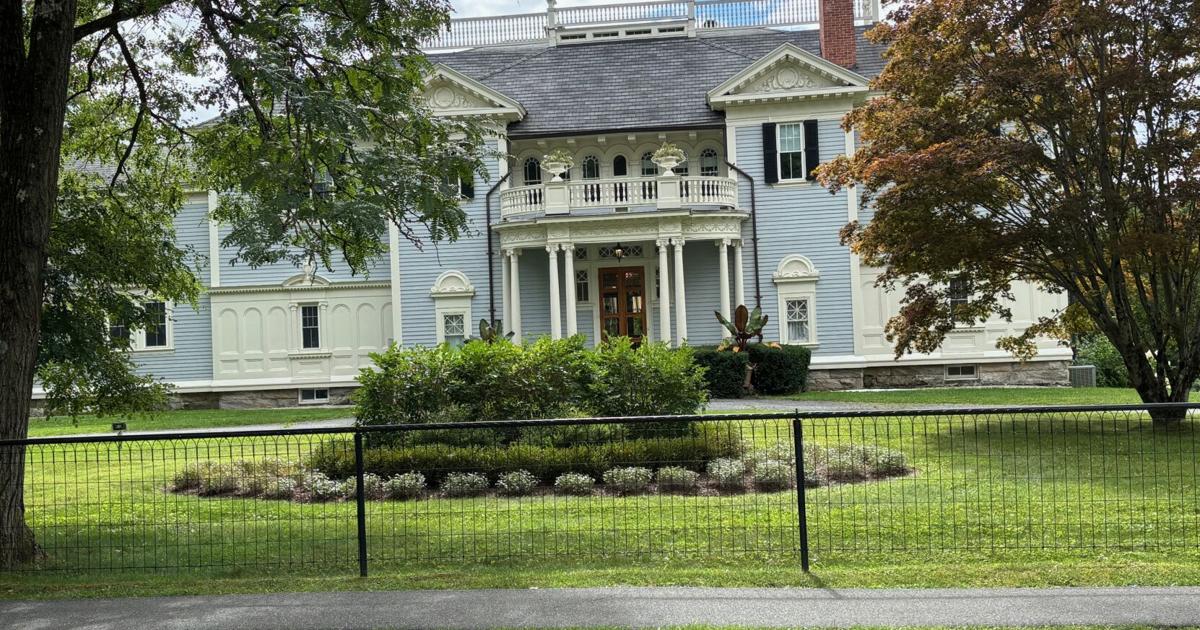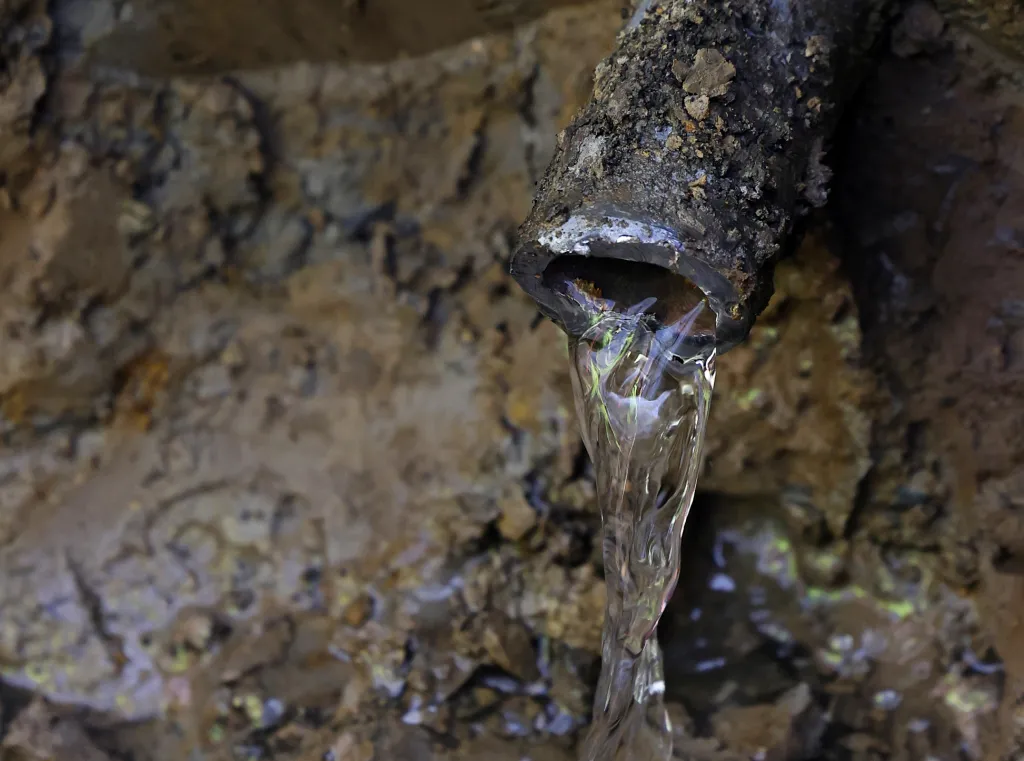By By Clarence Fanto,The Berkshire Eagle
Copyright berkshireeagle

LENOX — In fiscal 2024, Lenox collected nearly $4.2 million in lodging taxes — more than $400,000 of which was related to short-term rentals, according to the state Department of Revenue.
But the town could see a slowdown in the flow of those lodging revenues into its coffers.
An updated statewide building code may present significant challenges to property owners who rent short-term, raising concerns that some hosts might be forced to pull the plug on their business. The revised building code calls for safety features such as installation of sprinkler systems — particularly in cases of historic homes now used as short-term rentals.
“While the safety improvements proposed make sense, the biggest question is whether older homes will require expensive upgrades like sprinkler systems to be compliant with modern building code,” said Gabe Russell, a short-term rental property host. “I think a lot of rentals would shut down when faced with cost and infeasibility, and that wouldn’t be good for local tourism as there aren’t many lodging options in town.”
Those changes, and a proposed new general bylaw for the rentals, are expected to generate vigorous debate at an informational meeting set for 5:30 p.m. Sept. 18 in Lenox Town Hall. Invitations have been emailed to nearly 60 town-registered property owners. At least 100 others operating in town are not currently registered at the town clerk’s office.
For vacation meccas such as Lenox and other Berkshire towns, short-term rentals by property owners have been among the most challenging and controversial issues to come before local voters. The rentals for 31 days or less, typically on Airbnb, VRBO and other online platforms, contribute to the countywide housing crunch and are a thorn in the side for many B&Bs, inns and motels — some have even joined the rental market for some of their rooms.
In some towns, unregistered short-term rental properties are a persistent problem.
The stakes are meaningful: Rentals are lucrative for the hosts, and a town like Lenox benefits by collecting a 6 percent local-option portion of the 11.7 percent lodging tax imposed by the state.
Now, Lenox is facing a potential confrontation with property owners already aggrieved by the prospect of tightened-up rules, regulations and enforcement, and especially the cost of adding monitored fire alarm systems for non-owner-occupied properties.
The updated state building code also requires annual inspections of non-owner occupied properties offering short-term rentals. Those that are owner-occupied would need inspections every five years.
“An efficient way to push a big chunk of short-term renters out of the market … is to require installation of sprinkler systems,” said Jim Brooke, a property host. “Few owners of historic houses will want to tear up their interiors for this. Occasional renters of more modern homes, like myself, will balk.”
Brooke suggested that “the owners of the 17 restaurants in central Lenox should look carefully at the potential economic impact of pushing out short-term rentals.”
Based on feedback at next week’s meeting, the proposed town bylaw update may be revised, said Land Use Director and Town Planner Eammon Coughlin. Comments also can be submitted to him via email at ecoughlin@townoflenox.com.
The Select Board is likely to hold a public hearing prior to the special town meeting on Nov. 6 when the changes would be on the warrant. A simple majority is needed for approval.
“Requiring sprinklers in private houses would place a sharp knife to the throat of the golden goose,” Brooke emphasized.
The town’s current zoning bylaw, approved in November 2019 by the required two-thirds supermajority, is not up for revision.
It allows short-term rentals up to a total of 75 days per year by right throughout the town. Property owners can apply to the Zoning Board of Appeals for a special permit if they wish to do rentals up to 110 days annually.
Traditional rentals of up to two bedrooms with the homeowner present remain allowed by right year-round.
A draft of the full proposed general bylaw is available online on the Select Board’s page at townoflenox.com.
Among the changes likely to arouse the most robust discussion:
• Short-term rental properties established after Oct. 17, 2017, must have a basic 13D sprinkler system, according to the revised state building code. Per Google Gemini artificial intelligence, for a 2,000-square-foot home, the costs could be estimated as follows: For an existing home retrofit: At $2 to $7 per square foot, the cost could range from $4,000 to $14,000.
• The town is now closely monitoring rental listings, bookings and registrations via Rentalscape.
• New registration requirements (including possible fees).
• Proposed basic requirements would increase safety and minimize conflicts with neighbors.
• Short-term rental units would have posted safety and contact information.
• Non-owner occupied rental properties would require monitored fire alarm systems, working smoke/carbon dioxide alarms and fire extinguishers.
• Quiet hours would be added for short-term renters.
• Repeated violations of inspection requirements could trigger revocation of registrations.



